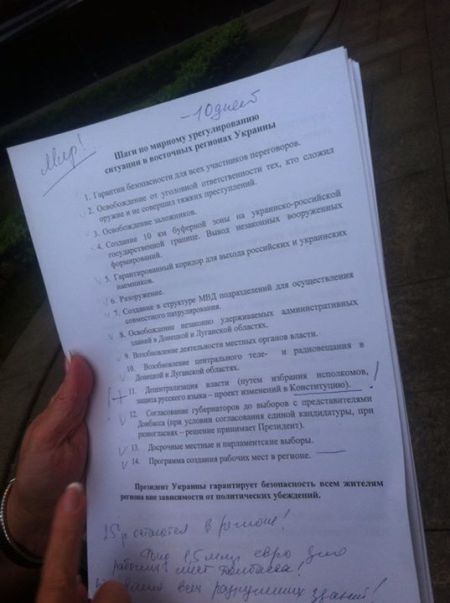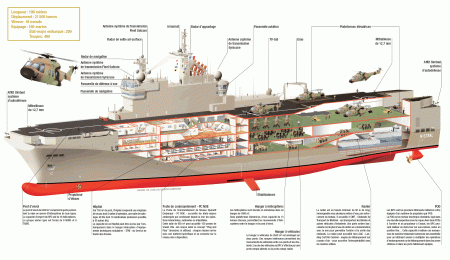Even prior to his inauguration, President Poroshenko repeatedly made clear that there would be no negotiation with armed groups active in eastern Ukraine.
Like almost every national leader and leadership, he has taken the time-honoured position that irregular armed groups fighting on its territory are not to be negotiated with – despite Kremlin insistence that Ukraine do so.
If he did it would be very likely to create something of a frozen conflict similar to that of Transnistria. That in turn having the effect of preventing Ukraine heading toward full European integration, effectively anchoring it where it is.
Perhaps that Transnistrian outcome will happen anyway with a little Kremlin planning and assistance. Whether that plan will ultimately come to fruition or not remains an open question.
Regardless, President Poroshenko’s plan began at 10 pm last night.
A unilateral ceasefire – with the exception of self-defence – came into force for the Ukrainian military, expiring at 10 am on Friday 27th June.
The military time table clearly being set by the political time table as President Poroshenko will be signing the EU-Ukrainian Association Agreement and Deep and Comprehensive Trade Agreement on 27th June too. Ergo he meets with many national leaders at the conclusion of this unilateral ceasefire, having given those armed and actively engaged against the Ukrainian army 7 days to disarm and/or leave Ukrainian territory should they wish to do so. Amnesty offered to those who have not been responsible for serious incidents or crimes should they decide to stay.
Thereafter, it seems very clear that should there be those who do not lay down their weapons and continue their fighting with the Ukrainian army, will be killed or captured and jailed.
Only once fighting has ended will the vast majority of the presidential plan then unfold.
OSCE Chairperson-in-Office calls on all sides to support Ukraine ceasefire to pave the way to implement peace plan http://t.co/cbNYdiRM5P
— OSCE (@OSCE) June 20, 2014
As it has been abundantly clear that this plan was not and is not a plan that is intended to engage the Ukrainian leadership in any form of direct dialogue with those irregular groups armed and fighting against it – as is standard globally – one can only presume that The Kremlin is deliberately misreading the plan put forward by President Poroshenko when it stated yesterday:
“This is not an invitation to peace and negotiations but an ultimatum to militias in the southeast of Ukraine to lay down their arms.”
To be blunt, The Kremlin would never negotiate with armed and active irregular militias on Russian soil – and nor would anybody expect it to either.
No such negotiations were or are likely to take place with armed and active irregular militias.
It therefore follows that yes, that prerequisite is an ultimatum to some – or it is an opportunity for those who will take it – before the rest of the plan, which can be reasonably interpreted as an invitation to peace and negotiation, can effectively begin. Firstly however that ultimatum/opportunity need be resolved – one way or the other.
Whilst it is very unlikely that many amongst the irregular forces will take up the offer, the offer has been made. The consequences of taking it up – or not – are fairly clear, both militarily and politically, domestically and regionally.
Few will be expecting much to come of it, and perhaps nothing will come of it. But that the offer has been made matters for what comes next.



